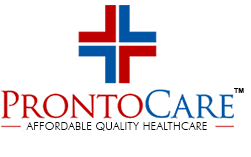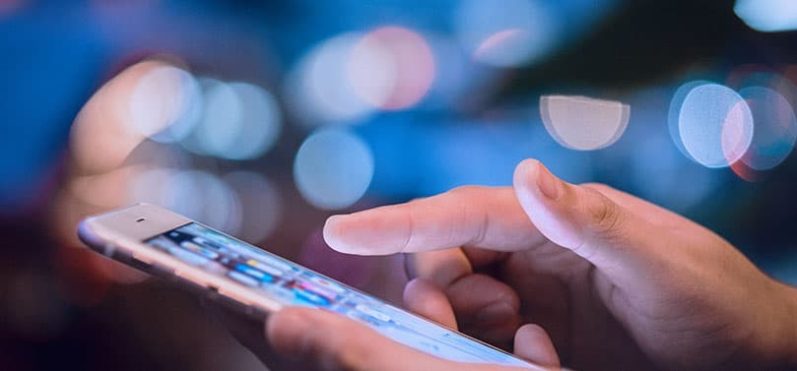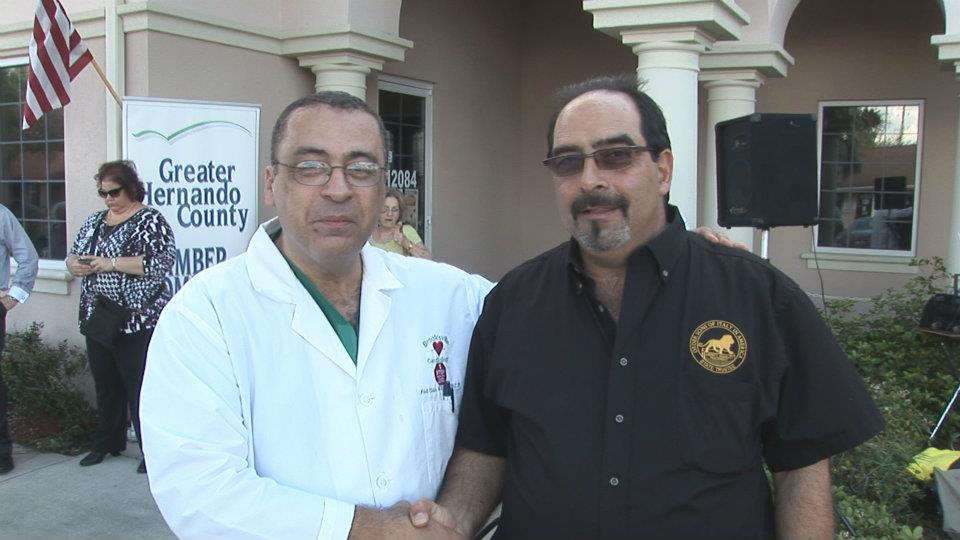Forty-five percent of the world’s population has smartphones. This would account for 3.5 billion smartphones globally and this is expected to be 7.3 billion smartphones by 2023. Since smartphones use digital technology, they could thus be used as a medical device for so many reasons including easy use and portability as smartphones can be held in one hand with and have responsive touch screens. New batteries used for smartphones can store enough energy for 1 to 3 days of usage without the need for re-charging. Additionally, smartphones have a connectivity advantage, thus can be connected to other phones via voice or text. Smartphones can operate on 4 G and 5G using wireless technology. Smartphones can access Global Positioning Service (GPS) which can help gather location, data, or monitor patients through the Global Navigation Satellite System (GLONAS). Smartphones can interface with BlueTooth and Near Field Communications( NFC). Smartphones can give data on where diagnostic tests are done, give surveillance information that can be useful during an epidemic.
Smartphones can capture high-resolution images and high-resolution videos. If the microscopic lens were added, this will enable the smartphones to capture microscopic materials thus adding significant diagnostic value. Smartphones support high-definition images which as many display technologies can be used including active-matrix Organic Light Emitting Diode Displays (AMOLED) which would still be seen clearly even in a bright environment.
Embedded sensors could be incorporated into smartphones. For example, temperature sensors could be used to monitor patient vital signs, sensors to measure oxygen saturation, sensors to measure pulse and breathing. Smartphones can have software applications (Apps) that are updated on regular basis with the ability to develop and manage various software applications including impressive computing power.
Smartphones can incorporate diagnostic tools such as a Stethoscope or Otoscope for remote diagnosis of ear infections for example. FDA-approved wireless personal Electrocardiogram (EKG) that connects to a smartphone to monitor heart rhythm and (can detect Atrial Fibrillation) for example. Portable Ultrasound using butterfly ultrasound on-chip technology can replace older transducer systems having many sensors on a single silicon chip. When smartphones are combined with medical hardware attachments and software Applications would help not only diagnosis, monitoring but a guide to making appropriate patient management decisions. Thus, the future use of smartphones in medicine and healthcare is going to increase and hopefully will lead to more affordable, efficient, and cost-effective healthcare delivery.
References
1. “The Future of Healthcare Will Be Powered by AI and Machine Learning.” Samsung Business Insights, 1 Jan. 2018, insights.samsung.com/2016/11/10/the-future-of-healthcare-is-smartphone-powered-and-ai-assisted/.
2. Wallace, Frankie. “How Smartphones Are Revolutionising Healthcare.” HeadStuff, 6 Feb. 2019, www.headstuff.org/topical/smartphone-healthcare/.
3. N;, Ozdalga E;Ozdalga A;Ahuja. “The Smartphone in Medicine: a Review of Current and Potential Use among Physicians and Students.” Journal of Medical Internet Research, U.S. National Library of Medicine, pubmed.ncbi.nlm.nih.gov/23017375/.
4. https://www.ncbi.nlm.nih.gov › articles › PMC3510747
5. https://www.ncbi.nlm.nih.gov › articles › PMC4756052
- Dr. Adel Eldin, MD, FACC, FACP, MBA, GGA
- Board Certified Cardiologist
- Founder, CEO
- Affordable Quality Healthcare Program
- www.prontocare.co
- Founder, CEO
- www.floridamedicaltourism.com
- Wesley Chapel, Florida
- Tel: 877-DR ELDIN










